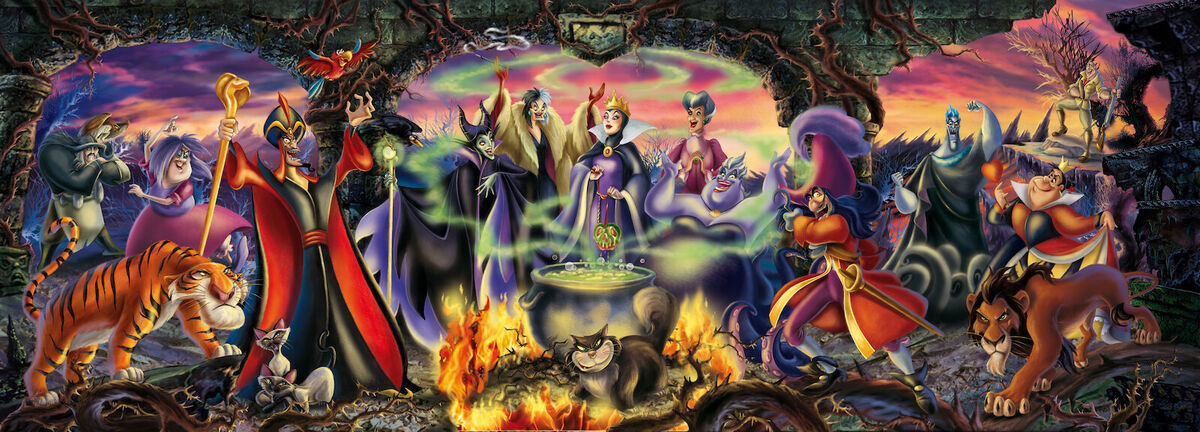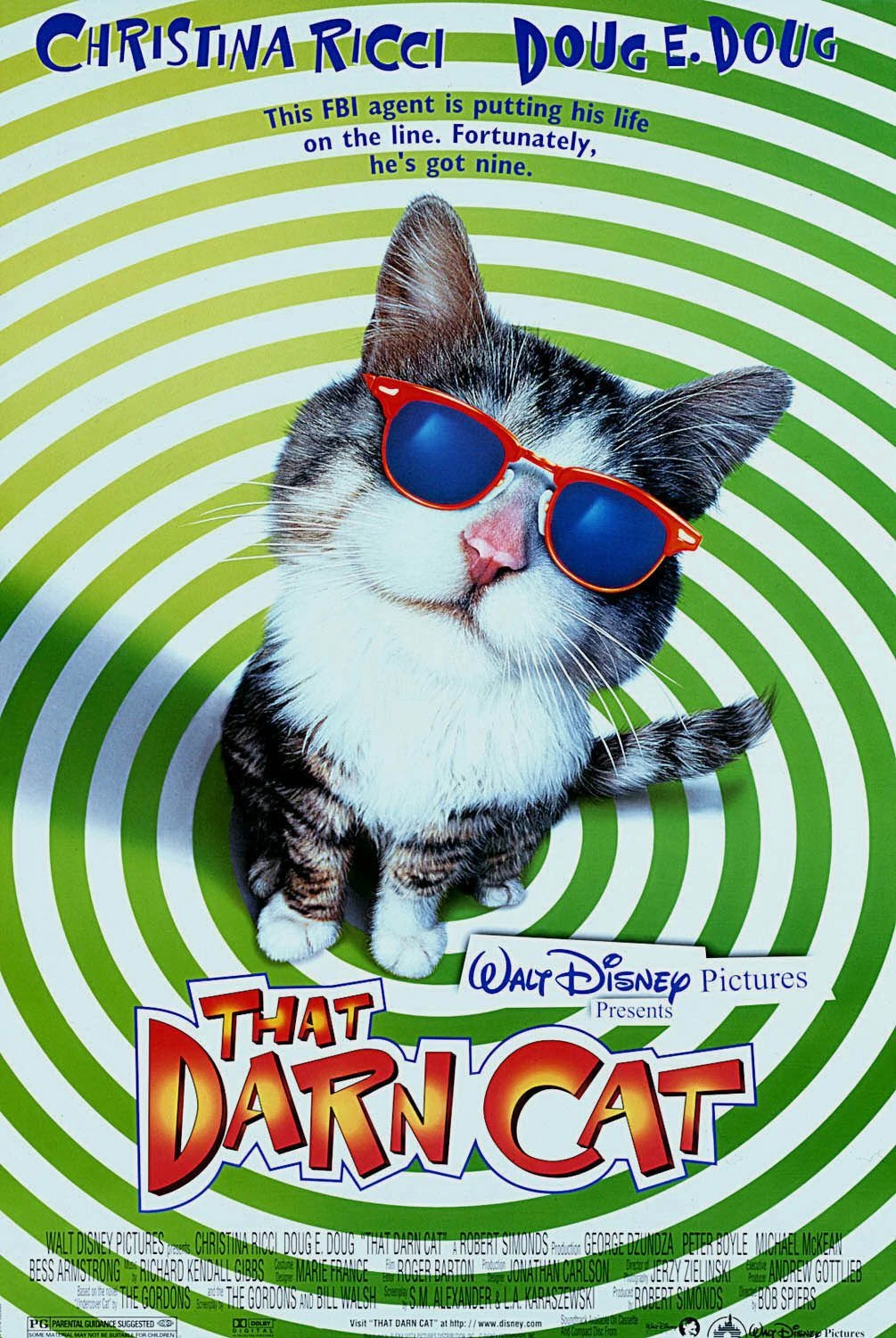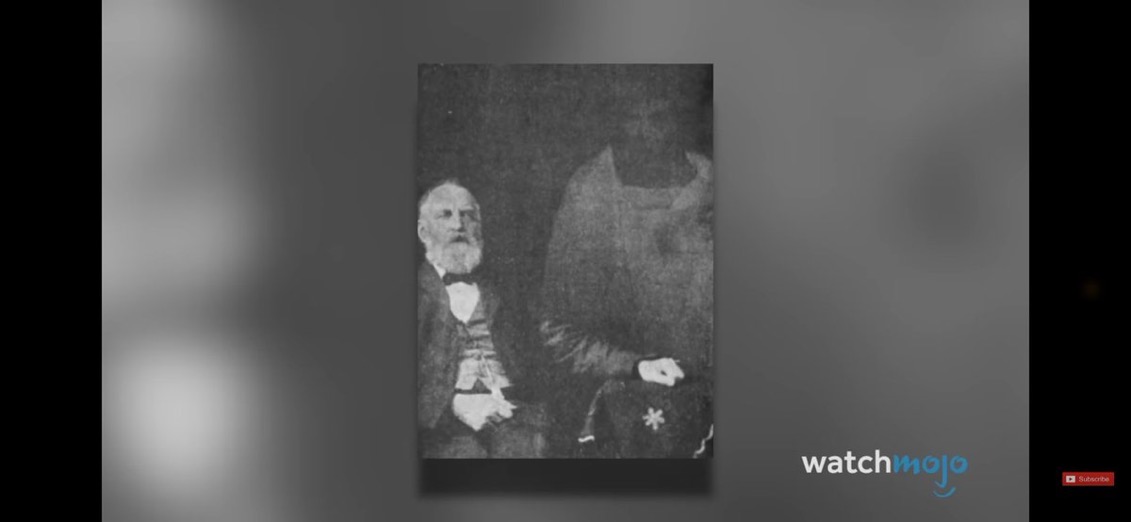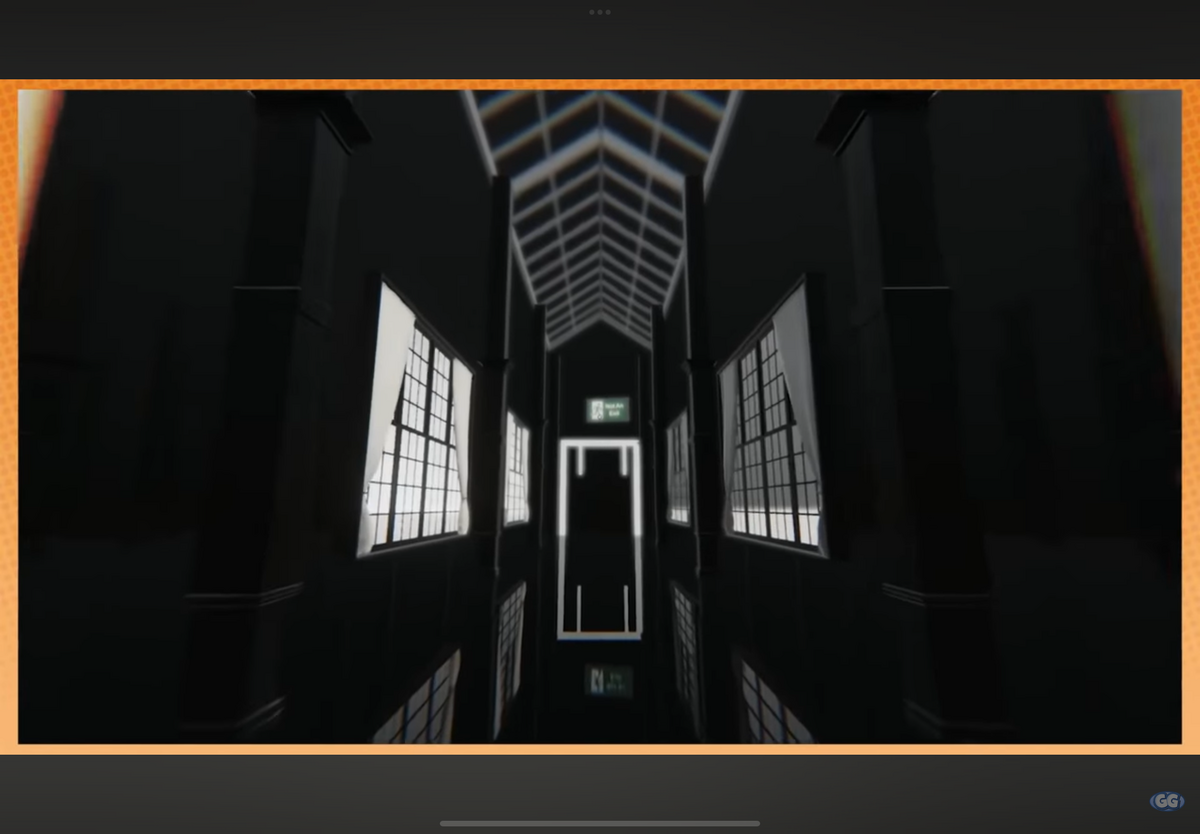TGMA26: Hits, Misses and Everything in between!!!
But while the evening sparkled with moments of brilliance, it wasn’t without its usual hiccups like late start, long speeches and a few eyebrow-raising decisions that had social media and music enthusiasts talking.
From show-stopping performances to unexpected wins, the TGMA stage delivered a mixed bag that left audiences simultaneously thrilled, puzzled and hopeful for better things to come.
The night began with the much-anticipated red carpet, a prelude that has become almost as celebrated as the awards themselves. This year, however, felt different, more refined, more intentional. Thanks to a new invitation-only policy for red carpet access, there was a noticeable absence of the chaotic fashion free-for-all that had previously plagued the event.
Gone were the shock-value outfits and over-the-top costumes that often stole the spotlight for all the wrong reasons. Instead, attendees graced the carpet with poise, elegance and a sense of purpose. It felt curated and elevated.
Celebs such as Empress Gifty, Efya, James Gardiner, Piesie Esther served the red carpet with tasteful looks. Roselyn Felli, Okyeame Kwame and Efe Grace also brought their fashion A-game, each offering a masterclass on how to blend cultural expression with modern flair.
Of course, no red carpet is perfect. A few attendees missed the mark, donning ensembles that left fans and fashion watchers asking, “Why?” But overall, this year marked a step in the right direction, one that prioritised quality over quantity.
Despite the excitement in the air, the show got off to a sluggish start. The delay wasn’t unfamiliar, Charterhouse has struggled with punctuality in past editions, but this year, the slow rollout was particularly glaring.
What should have been a smooth celebration of music was interrupted by prolonged speeches, rambling award presentations and unnecessary stage pauses that stretched the event deep into the night.
For a show that has run for over two decades, it's about time organisers embraced tighter production, time discipline and perhaps even learn from international award shows where pacing is everything.
It’s a critique Charterhouse can no longer afford to ignore. With Ghanaian music gaining more international attention, it’s time TGMA aligned with global best practices in production quality and time management.(Read Patrons fume over delays and time issues at Ghana Music Awards)
Thankfully, the performances made up for the delays. One of the evening’s most spiritually charged moments came courtesy Daughters of Glorious Jesus, whose gospel medley had the entire auditorium on its feet, hands raised in praise.
Then came the sweet surprise of Mavis Asante, who joined Francis Amo in honouring legendary gospel icon Yaw Safo, recipient of the Lifetime Achievement Award. Her presence was divine and that sealed the tribute as one of the night’s most emotional peaks.
Another goosebump-worthy moment was the Osibisa tribute, delivered with grace by Adina, Adomaa and Titi Owusu. Their seamless blend of voices and era-spanning homage reminded everyone of the legendary band’s global impact.
The energy shifted again when Stonebwoy took over the stage, delivering an electrifying set with tracks such as Jejereje and Ekelebe backed by intense lighting and fierce choreography.
Other performers—Ayisi, Fameye, Yaw Darling, BeetzTrap KOT added their unique flavour to the night.
After a lukewarm reception at last year’s edition, King Promise returned to the grand stage with something to prove and he did so with a performance that earned him a resounding applause.
In 2024, the Paris hitmaker was one of the top contenders for the coveted Artiste of the Year title.
However, despite the buzz and his flashy entrance, which featured dramatic rainfall effects and stage antics, his performance failed to leave a lasting impression.
It lacked the energy and finesse expected of someone vying for Ghana's highest musical honour.
Fans and critics alike called it underwhelming, describing it as a moment that fizzled rather than sparked.
Fast-forward to 2025, and King Promise came back with a vision. With this year’s VGMA stage set ablaze by spectacular lights, soaring anticipation and a packed auditorium, he emerged dramatically from a glowing telephone booth, bathed in soft red and violet hues, as if answering a long-awaited call to greatness. The crowd erupted even before he sang a note.
Clad in a sleek, custom-fit suit that matched the futuristic vibe of his set, King Promise commanded the stage with precision, emotion and star power. Every note, every step, every transition between songs was choreographed to perfection.
From his slow start to high-energy anthems, he delivered what he proudly described as a "five-star performance"and few would disagree.
The atmosphere was electric. Fans waved their phones, creating a galaxy of lights as King Promise owned his moment. (Read #TGMA26: King Promise wins Artiste of the Year, King Paluta grabs popular song of the year with Aseda)
As the night drew to a close, the biggest prize, Artiste of the Year, went to King Promise, completing his redemption arc in dramatic fashion. While Stonebwoy and King Paluta had strong cases, fans couldn’t deny that King Promise’s year had been exceptional, both in consistency and craft.
King Paluta, however, didn’t leave empty-handed. He won Most Popular Song, Best Highlife Song of the Year and Best Producer of the Year for his song, Aseda, and that felt like a collective affirmation.
But not every result went down well. Empress Gifty's snub in the Gospel Artiste of the Year category came as a shock to many, especially as Joe Mettle took home the prize instead. Online debates sparked immediately, with fans questioning the criteria used.
And in a twist that few saw coming, Sarkodie despite being nominated in six categories walked away without a single win. Likewise, Black Sherif, a favourite in past editions, failed to bag a major award this year. (Read TGMA26: Spectacle, sound, soul and a sprinkle of chaos)
The TGMA26, like most grand productions, was a mix of magic and mishaps. While Charterhouse deserves credit for continually elevating the prestige of Ghanaian music, the time has come to fine-tune the experience.
Key areas like time management, stage transitions, and award delivery protocols must be improved to ensure that the show not only entertains but respects the time and emotions of all involved.
Better rehearsals, streamlined speech protocols and a tighter production format could elevate the experience for both in-person attendees and TV viewers. With the right tweaks, TGMA could stand shoulder-to-shoulder with some of Africa’s best award shows.








